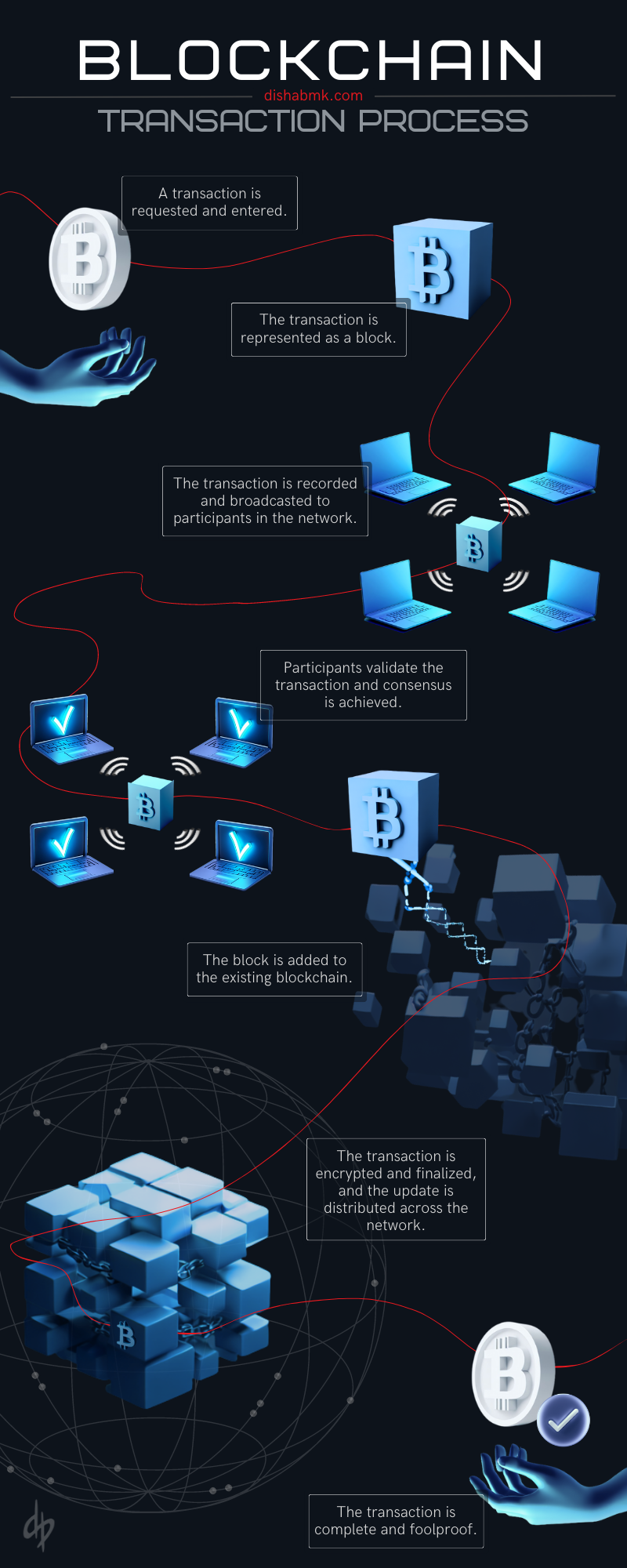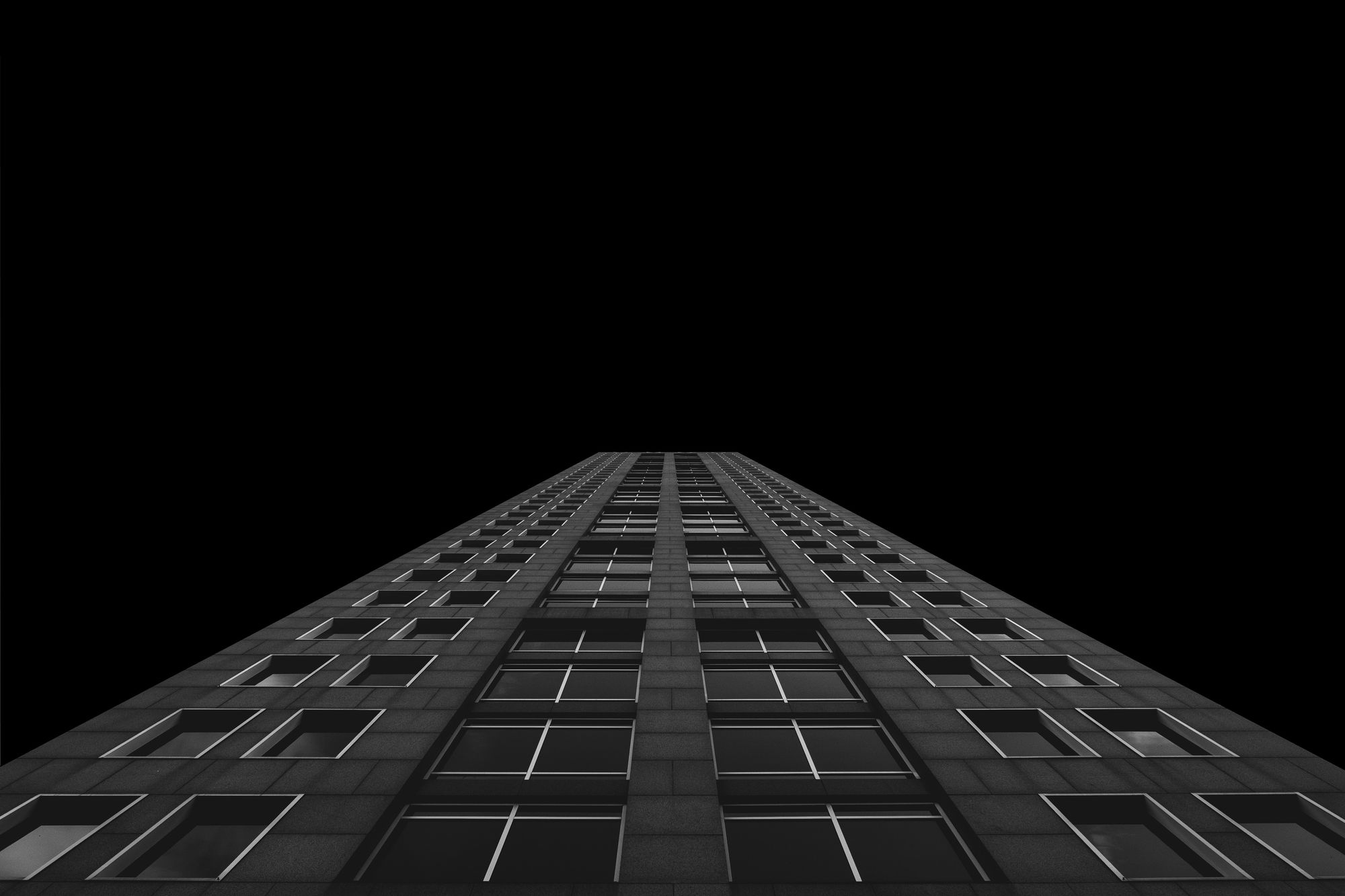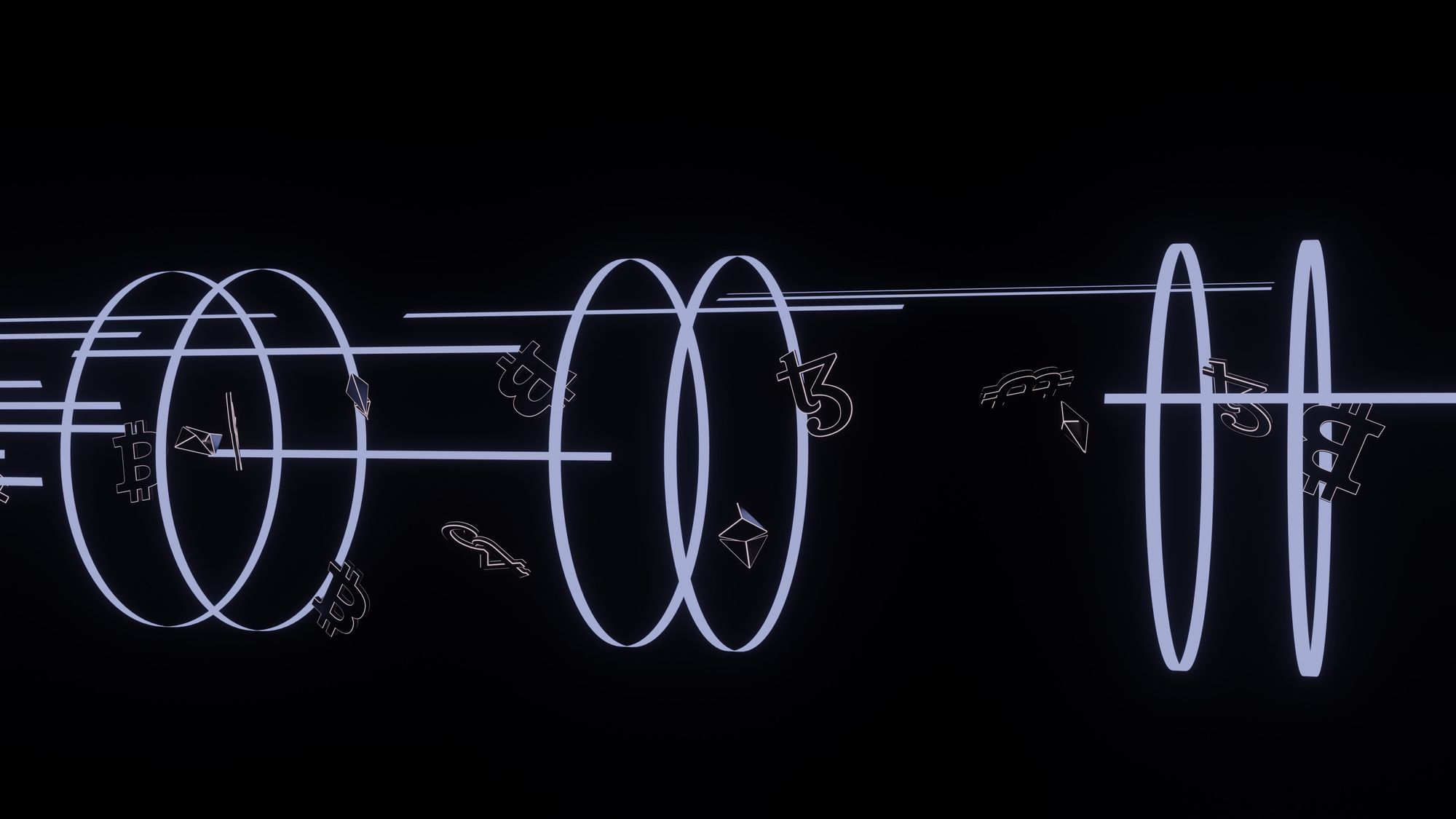Simplifying Blockchain and Smart Contracts

Blockchain technology and smart contracts—these magnetic terms shuffle through conversations around the latest in tech. Breaking down what powers this enticing space and adding to your plate of tech knowledge can guide your understanding of the field's gravity. It may feed to your impression of blockchain, or generate insight for eventual investment decisions. If neither, it may simply satiate your curiosity.
This quick read simplifies concepts including blockchain's transaction process, its vast applicability, and smart contracts.
What's Inside
Blockchain Technology
The technology is powerful because it single-handedly, and securely, administers financial transactions. Here’s how blockchain works.
Step-by-Step Blockchain Transaction Process

Every time a transaction is made, it’s officially recorded as a block on the blockchain. One transaction equals one conceptual block added or “chained” together.
The software then needs to verify the financial transactions by recording it, broadcasting it, and accessing distributed financial databases.
What does this mean? These financial databases are like large repositories, holding every individual’s financial information. An easy way to put it: the software collects and compiles data from these databases to double-check and verify that financial transactions are made legitimately. This process is popularly known as blockchain’s consensus mechanism because the software is trying to create an alignment—or “consensus”—between the user and the databases.
Now that the transaction is verified, it is finalized by closing and encrypting the block. This is blockchain's star characteristic, as it makes the "chain" unalterable. Only new blocks (transactions) going forward can change the information—but not the history—maintained on the blockchain. The result? Financial transactions that are solidified, public, and foolproof.
"A blockchain, as its name implies, structures its data into chunks (blocks) that are strung together. This data structure inherently makes an irreversible timeline of data when implemented in a decentralized nature. When a block is filled, it is set in stone and becomes a part of this timeline."—Investopedia

Smart Contracts
Smart contracts may be viewed as a transaction's backend; they are self-executing contracts “with the terms of the agreement between buyer and seller being directly written into lines of code [on the blockchain network]... the code controls the execution, and transactions are trackable and irreversible.”
They are written through simple "if/when... then..." code statements which execute once the computer verifies it. These rules—unique to each contract—craft the requirements specified by each buyer, ultimately governing transactions through code alone.
They “can represent financial agreements such as options contracts, swaps or coupon-paying bonds. It can also be used to execute bets and wagers, to fulfill employment contracts, to act as a trusted escrow for the purchase of high-value items, and to maintain a legitimate decentralized gambling facility.”

Blockchain and Smart Contract Applications
Blockchain's security grants it relevance in many industries—healthcare, gaming, entertainment, finance, supply chain, cybersecurity, and government to name a few. To highlight a few examples, below are blockchain's applications in investment banking, use amongst big tech, and DeFi.
Investment Banking
Blockchain and smart contracts are already streamlining core investment bank functions like asset-liability management, trade reconciliation, clearing and settlement, as well as deal escrow and collateral management. In fact, well-known J.P. Morgan, Goldman Sachs and Morgan Stanley have begun exploring blockchain-related opportunities.

Big Tech
The Big Tech, also known as Big Five, have developed blockchain-based services and applications for consumers. Meta, Amazon, Microsoft, Apple, and Alphabet each have their own history with blockchain, and their involvement signifies the technology's lasting relevance.

Decentralized Finance (DeFi)
Decentralized finance is an entirely new branch of finance that primarily relies on smart contracts for financial transactions. Thanks to blockchain, DeFi has a permanent foundation for endless DeFi applications to be built upon.


Concept Recap
Blockchain. A shared, immutable ledger that facilitates the process of recording transactions.
Blockchain's Transaction Process. Every transaction is recorded as a block and, once verified through financial databases, is securely closed and encrypted on the blockchain.
Smart Contracts. Self-executing contracts that represent financial agreements, such as options or coupon-paying bonds.
And, it's Applicability. Due to the security it provides, blockchain technology and smart contracts have left footprints in numerous industries—finance, tech, and DeFi, to name a few.

